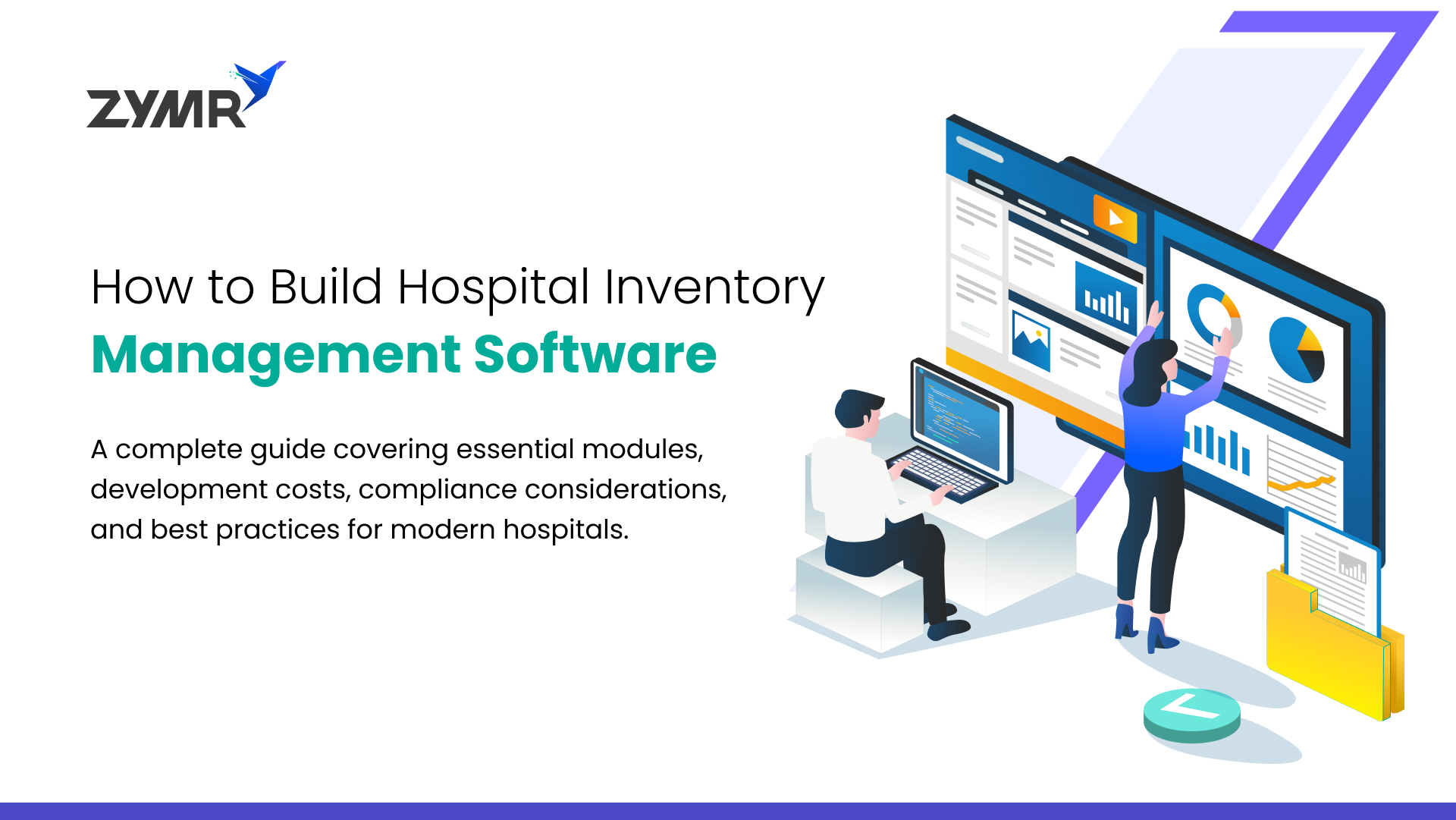The disruption in recent times underscores the dynamic nature of the financial landscape, especially the lending domain. Changing consumer behavior, new emerging technologies like blockchain, and shift in trends in funding and investment have had a severe impact on how fintech lending solutions are accommodated in the mainstream market. Despite rapid growth for a good period, funding for digital lending faces a significant decline of 53%, with just $11.5 billion raised during the year 2022, as per reports. Therefore, there is a need for fintech software development companies to build lending platforms that can regain ground in this ever-changing environment.
A crucial help in this context comes in the form of Artificial Intelligence. The integration of AI/ML will offer the potential for data-driven decision-making and precise lending models. Therefore, in addition to enhanced efficiency and reduced risks AI/ML services will also reignite interest and investor confidence in the digitalized financial services for lending.
In this blog, we will explore, in detail, how AI machine learning can play a pivotal role in building fintech lending platforms to meet the evolving market demands. We'll examine how AI/ML can help bridge the gap between declining funding and a thriving fintech lending ecosystem while maintaining essential features like CRM, LOS, LMS, and more that borrowers and investors rely on.
The primary appeal of fintech lending platforms is their accessibility and personalized features. They help financial companies expedite loan processing, making credit more readily available to borrowers, even those of less privileged demographics. However, the recent disruptions discussed above and the pandemic itself have revealed specific vulnerabilities in the platforms, like regulatory compliance challenges and data security concerns. AI/ML services can help fintech software development companies eliminate these vulnerabilities and regain investor confidence. Let us have a look into some essential features of fintech lending platforms that AI/ML can directly impact:
- Credit Scoring and Risk Assessment: AI/ML can enhance credit scoring and risk assessment by analyzing a vast amount of data quickly and accurately. It can consider not only traditional credit scores but also non-traditional data sources, leading to more precise borrower risk assessments. Predictive models powered by AI can identify trends and patterns that humans might miss, resulting in better-informed lending decisions and lower default rates.
- Customer Relationship Management (CRM): AI/ML services can enhance CRM functionality by analyzing customer data and interactions to provide insights into customer preferences, behavior, and needs. It can automate personalized communication, recommend suitable loan products, and predict customer churn, helping improve customer relationships and retention.
- Auto-Investment and Portfolio Management: AI/ML can automate the investment process by helping investors select loans that align with their risk tolerance and investment goals. Machine learning models can continuously analyze the performance of loans and suggest portfolio adjustments in real-time. This automation optimizes the investment strategy, reduces the burden on investors, and maximizes returns.
- Data Security and Compliance: AI machine learning can enhance data security by monitoring transactions for anomalies and potential threats in real-time. It can detect unusual patterns that may indicate fraudulent activity or data breaches, providing early warnings to take preventive actions. AI can also assist in automating compliance checks and generating required reports to ensure adherence to financial regulations and consumer protection laws.
- Document Verification: AI/ML services can streamline document verification processes by automatically extracting and validating information from documents such as ID cards, bank statements, and pay stubs. It can detect forged or altered documents and reduce the risk of fraudulent loan applications.
- Loan Origination System(LOS): Integration with AI/ML can significantly impact the LOS by automating and accelerating the underwriting process. It can assess borrower creditworthiness, validate documents, and make real-time lending decisions. This not only reduces the time to approve loans but also improves accuracy and risk management.
- Loan Management System (LMS): AI machine learning can play a crucial role in loan portfolio management within an LMS. It can monitor loan performance, predict defaults, and recommend strategies for loan modifications or collections. ML models can optimize repayment schedules based on borrower behavior and financial conditions.
- Customizable Reporting and Analytics: AI-powered analytics tools can provide more in-depth and actionable insights into loan performance, market trends, and customer behavior. These insights enable digitalized financial services like fintech lending platforms to offer customizable reporting and analytics features to users. AI algorithms can also predict future trends, allowing users to make data-driven decisions for their investments or lending strategies.
- Integration with Third-Party Services: AI/ML can facilitate seamless integration with third-party services by automating data exchange and enhancing compatibility. Machine learning algorithms can improve the accuracy of data mapping and translation, reducing errors in data transfer. AI can also assist in real-time data validation and reconciliation when interacting with external systems, making integrations more efficient and reliable.
- Know Your Customer(KYC): AI can enhance KYC processes by automating identity verification. Facial recognition and document analysis powered by AI can verify the identity of applicants more accurately and quickly. AI can also flag suspicious activities and assist in compliance with anti-money laundering (AML) regulations.
Conclusion
The post-pandemic dip in digital lending investment faced by fintech software development companies can be be attributed to heightened uncertainty and risk aversion. AI/ML services can help by enhancing risk assessment, automating processes, and improving decision-making, making fintech lending more efficient and appealing to investors.These platforms are essential for leveraging data-driven algorithms and ensuring responsible lending practices. Therefore, for evolution of the financial sector, it is essential that modern fintech lending platforms are leverage, technologies like AI/ML to keep up with the fast-paced digital-centric world we live in.
FAQs
>
>
>
>
>
Have a specific concern bothering you?
Try our complimentary 2-week POV engagement
Our Latest Blogs

January 15, 2026
Global Healthcare Outlook 2026: Key Trends in Digital Health, AI, and Patient Safety

January 15, 2026
Top 10 Healthcare IT Services Companies Transforming Healthcare Delivery(2026)

January 15, 2026






.svg)
.svg)
.svg)
.svg)
.svg)
.svg)
